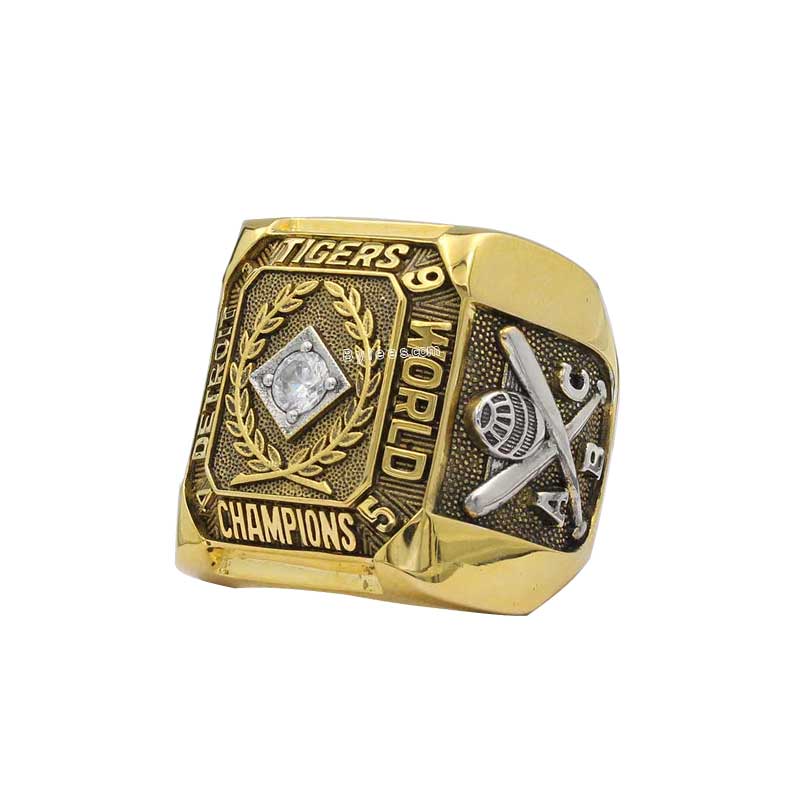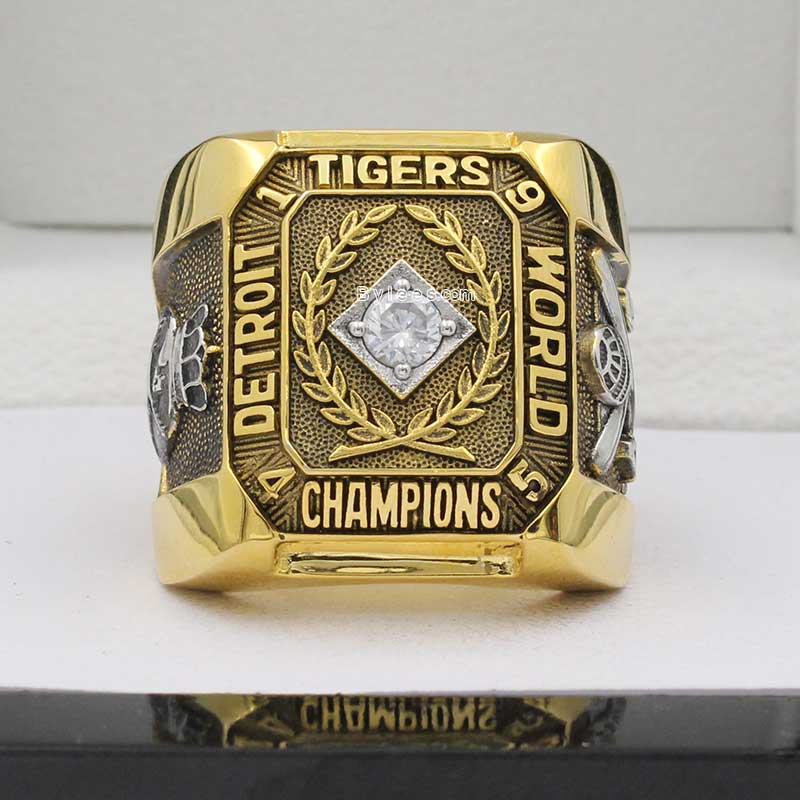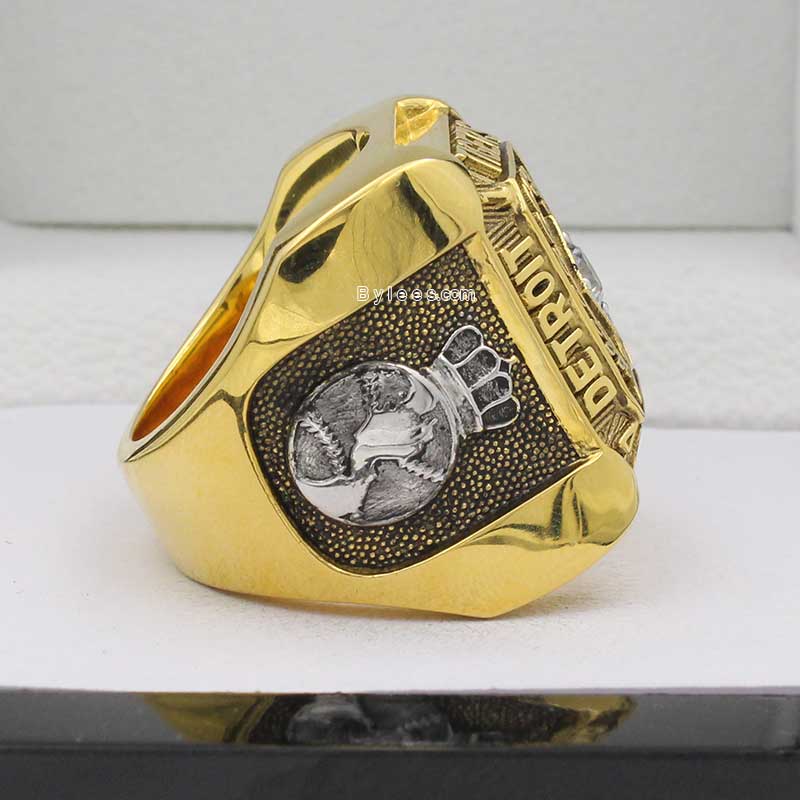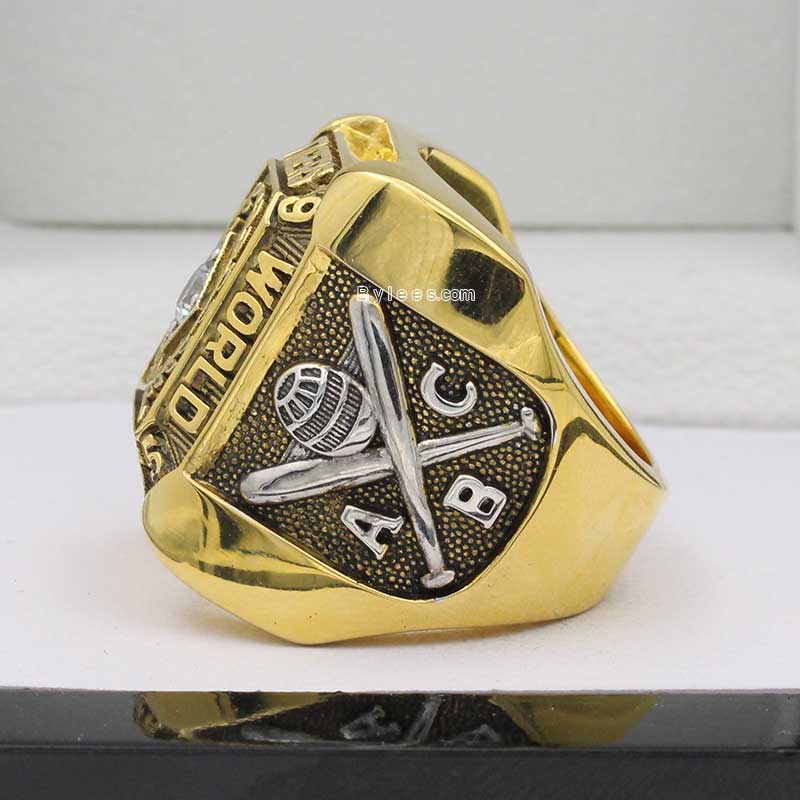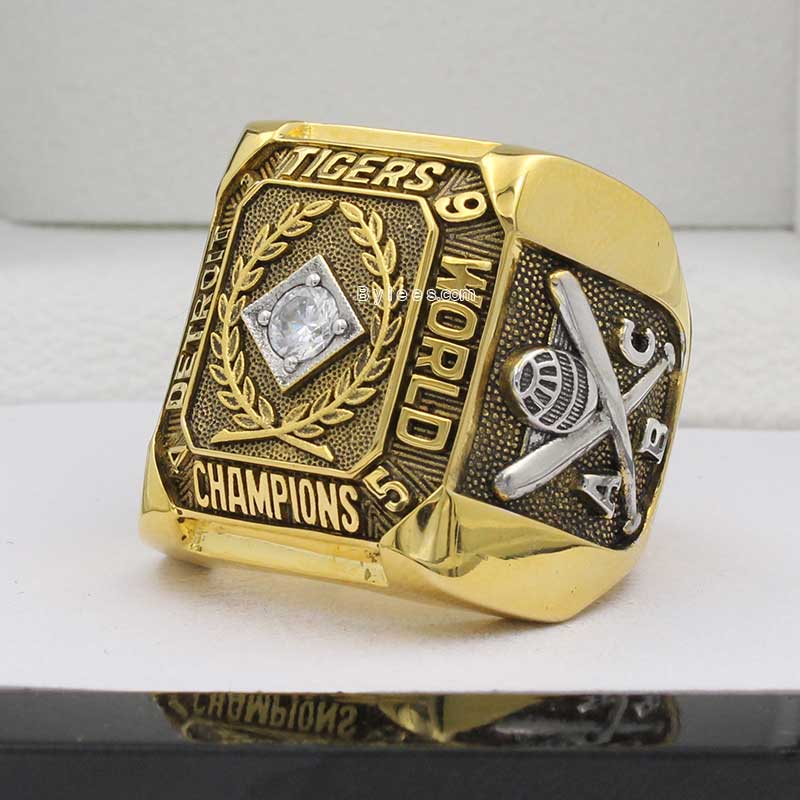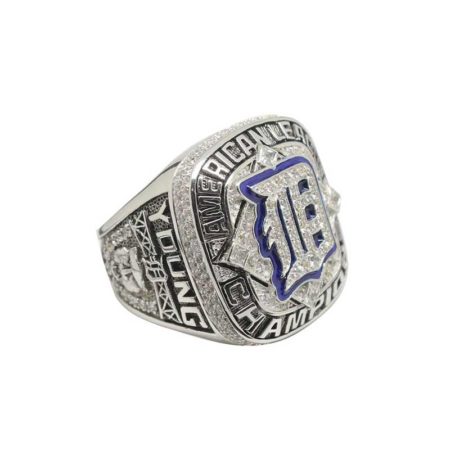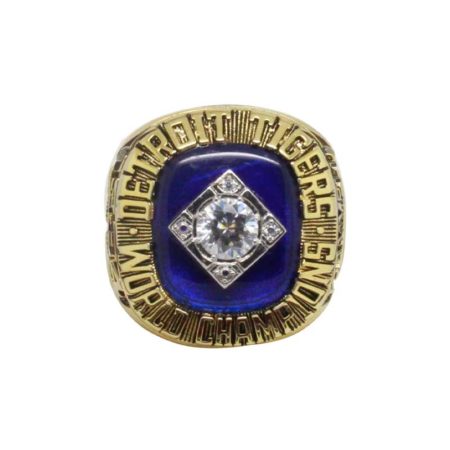Description
The 1945 World Series matched the American League Champion Detroit Tigers against the National League Champion Chicago Cubs. The Tigers won the Series, four games to three, giving them their second championship and first since 1935.
Paul Richards picked up four runs batted in in the seventh game of the series, to lead the Tigers to the 9–3 game win, and 4–3 Series win.
The World Series again used the 3–4 wartime setup for home field sites, instead of the normal 2–3–2. Although the major hostilities of World War II had ended, some of the rules were still in effect. Many of the majors’ better players were still in military service. Warren Brown, author of a history of the Cubs in 1946, commented on this by titling one chapter “World’s Worst Series”. He also cited a famous quote of his, referencing himself anonymously and in the third person. When asked who he liked in the Series, he answered, “I don’t think either one of them can win it.”
In a similar vein, Frank Graham jokingly called this Series “the fat men versus the tall men at the office picnic.”
One player decidedly not fitting that description was the Tigers’ slugger Hank Greenberg, who had been discharged from military service early. He hit the only two Tigers homers in the Series, and scored seven runs overall and also drove in seven.
The Curse of the Billy Goat originated in this Series before the start of Game 4. Having last won the Series in 1908, the Cubs owned the dubious record of both the longest league pennant drought and the longest World Series drought in history, not winning another World Series until 2016. The Chicago White Sox and Boston Red Sox had the second- and third-longest championship droughts, respectively (with the White Sox having last won in 1917 and the Red Sox, beating the Cubs, in 1918); the Red Sox would win the World Series in 2004 (86 years after their last championship), and the White Sox would do the same in 2005 (ending an 88-year drought).
The Series was a rematch between the two opponents of the 1935 World Series. In that Series’ final game, Stan Hack led off the top of the ninth inning of Game 6 with a triple but was stranded, and the Cubs lost the game and the Series. Hack was still with the Cubs in 1945. According to Warren Brown’s account, Hack was seen surveying the field before the first Series game. When asked what he was doing, Hack responded, “I just wanted to see if I was still standing there on third base.”
